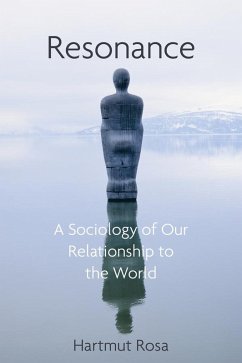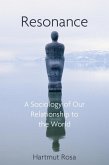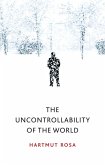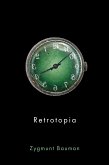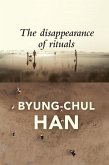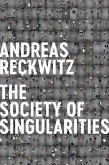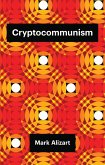Dieser Download kann aus rechtlichen Gründen nur mit Rechnungsadresse in A, B, BG, CY, CZ, D, DK, EW, E, FIN, F, GR, HR, H, IRL, I, LT, L, LR, M, NL, PL, P, R, S, SLO, SK ausgeliefert werden.
Charles Taylor, McGill University
"Affirmation of ordinary life is a key feature of modernity, but alienation from the world is a persistent experience of modern men and women. In Resonance, Rosa offers sketches of an alternative relation to the world and thereby a foundation for a sociology of the good life. A very important text and highly recommended."
Miroslav Volf, Yale University
"Hartmut Rosa is one of the leading and most distinctive voices in contemporary social theory. In Resonance he continues the important analysis of the very nature of modernity laid out in Social Acceleration, and offers a new approach to basic human relationships, both to other people and to the world. This is a truly important book."
Craig Calhoun, Arizona State University

